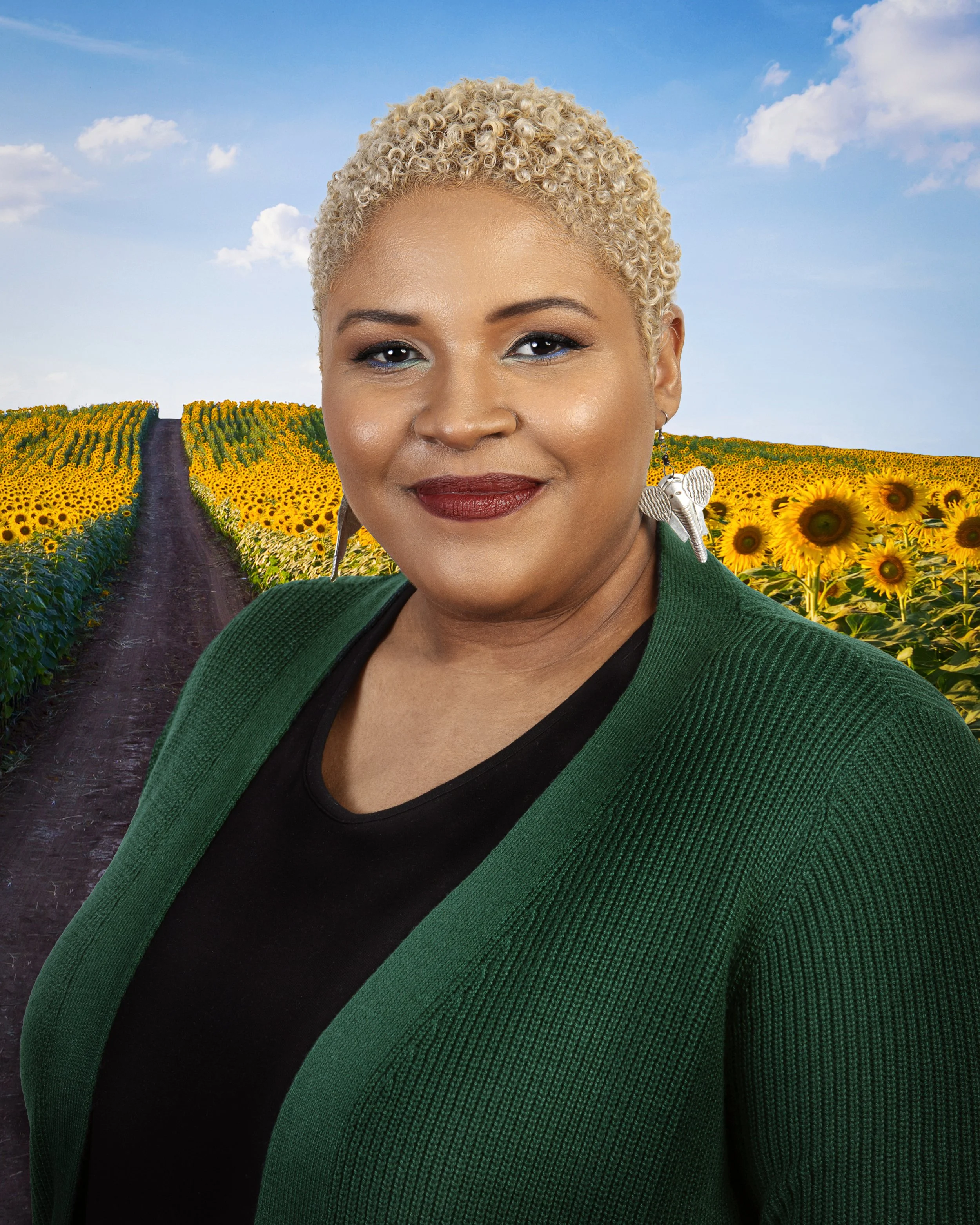Ashley Harris
LCSW
Ashley Harris (she/her) is a Licensed Clinical Social Worker. She earned a bachelor’s degree in social work at Meredith College, and a master’s degree in social work at NC State University. Prior to joining private practice, Ashley served as a social worker in various community-based mental health settings providing in-home counseling services and outpatient therapy.
Growing up, Ashley was often in social settings where she was either the only or one the few Black children. Often leaving her feeling unseen and questioning where she belonged, these experiences led to Ashley’s exploring how she identified herself. She grew tired of being asked “What are you mixed with?” being told that she wasn’t “Black enough,” that she “talks white,” and “speaks well for a Black person.” Coming from a diverse family background, Ashley learned about racial disparities and injustices experienced by her family and how this impacted the family system and intergenerational cycles of abuse. As an adolescent, Ashley learned about overcoming adversity through her relationship with her mother as she witnessed her mother survive a life-threatening domestic violence incident and persevere as a single mother to raise Ashley. Ashley’s experiences inspired her to become a therapist so she could champion the importance of mental health, especially for those from diverse populations and backgrounds.
As a clinician, Ashley utilizes a humanistic and person-centered approach so she and her clients can co-create a safe space to meet clients where they are without judgment. She incorporates Cognitive Behavioral Therapy (CBT), mindfulness techniques, and is trained in a variety of trauma-informed evidence-based practices.
Ashley works with teens, young adults, and adults who have experienced marginalization and racism, individuals identifying as BIPOC and LGBTQIA+, those experiencing trauma, life transitions, life stressors, depression, anxiety, identity exploration, self-esteem, and women’s issues.
“In our work and in our living, we must recognize that difference is a reason for celebration and growth, rather than a reason for destruction.” ~ Audre Lorde


